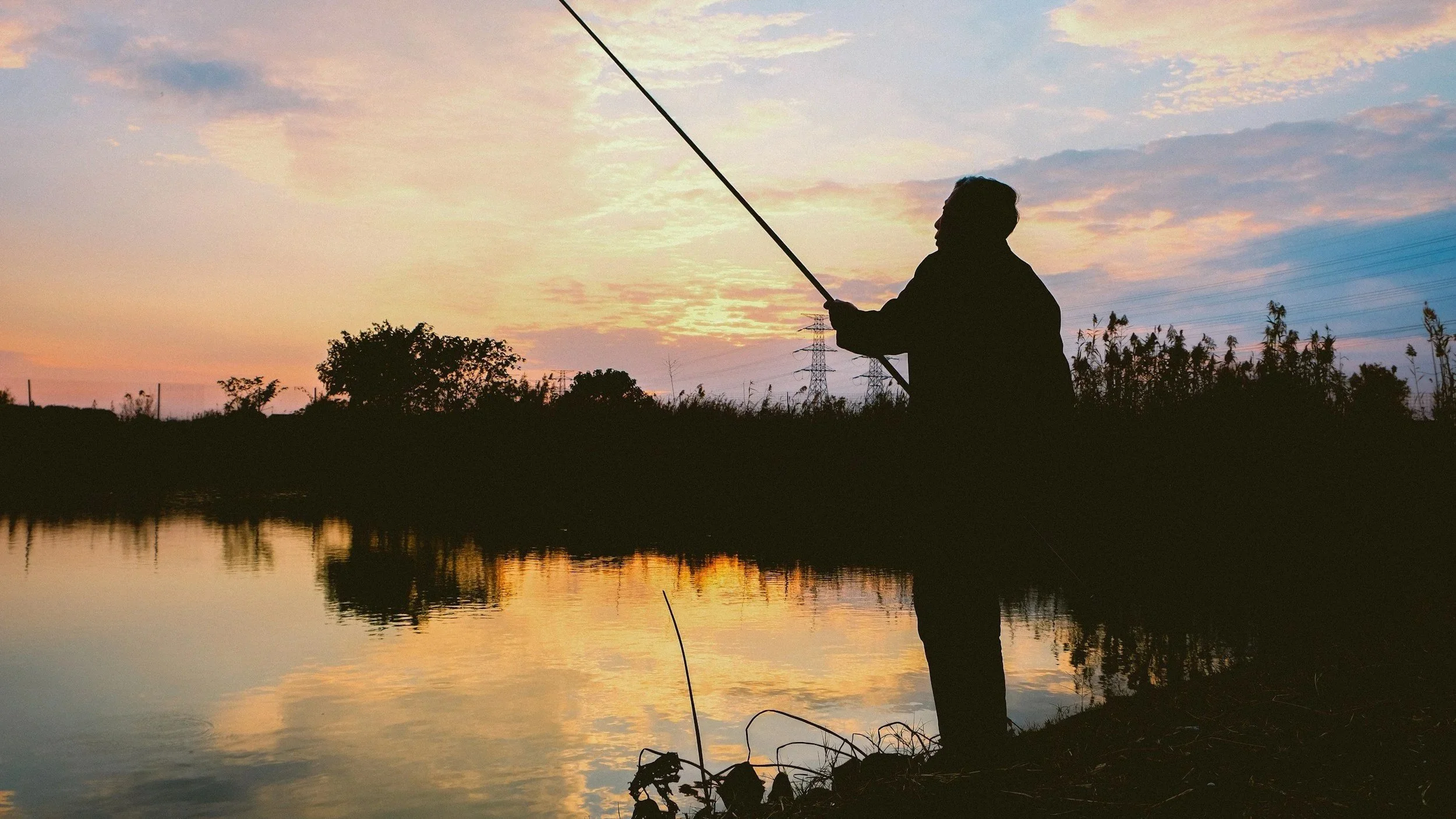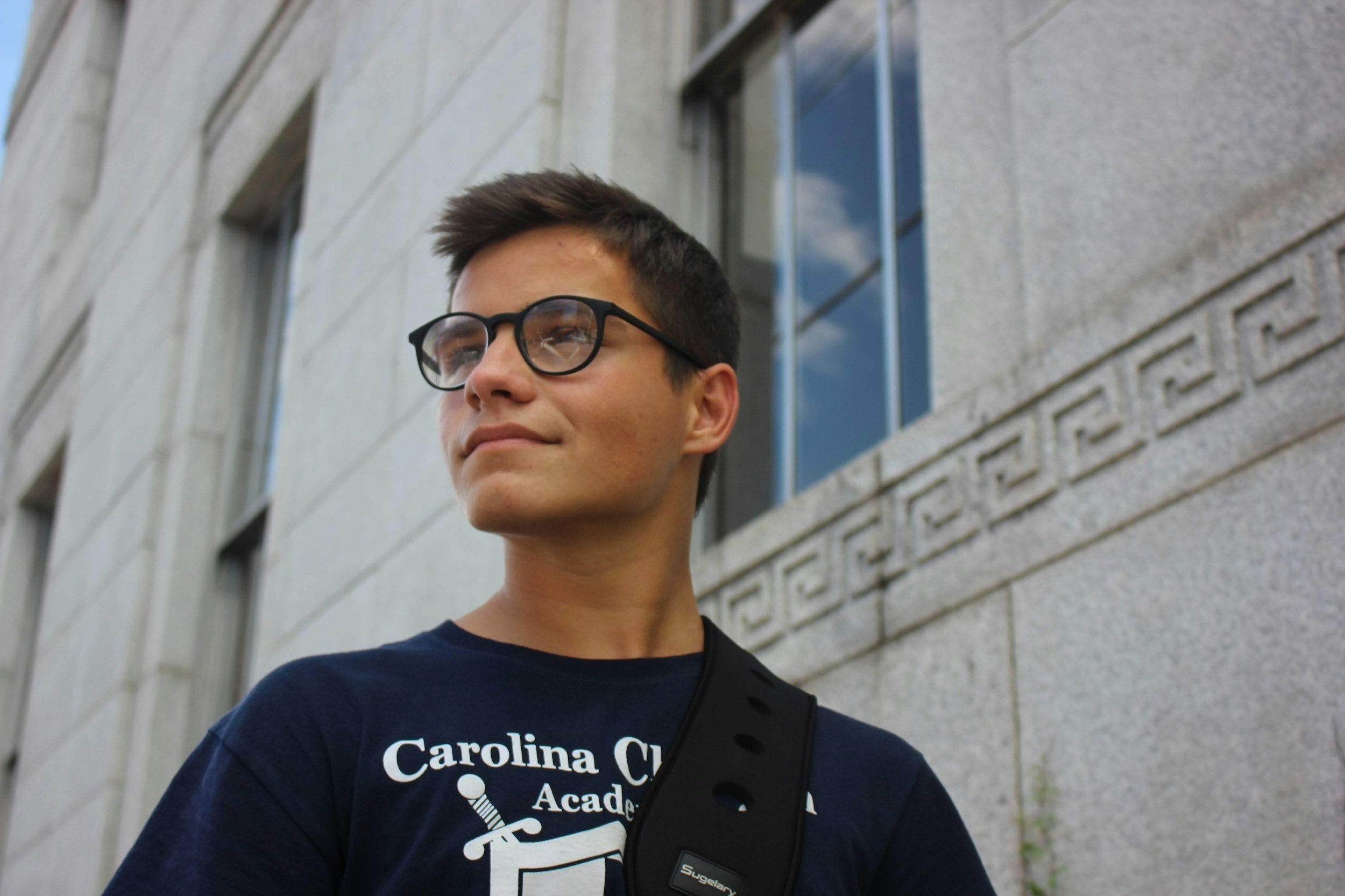

Brrrrrrrrr!! My Experience with Seasonal Effective Disorder
In this personal account of Seasonal Affective Disorder (SAD), the author highlights the importance of recognizing seasonal mental health shifts as valid medical conditions rather than mere lack of motivation. By adopting a proactive strategy of morning light exposure and investing in high-quality outdoor gear, she successfully mitigated debilitating symptoms and maintained daily functionality throughout the Chicago winter. The narrative serves as a powerful call to action for those affected to seek professional support and embrace evidence-based lifestyle interventions to reclaim their well-being.

Pulling the Red Alarm: My Journey Through Postpartum Depression and Suicidal Ideation
This personal narrative details a mother’s experience with severe postpartum depression and the critical decision to "pull the red alarm" by seeking emergency psychiatric care. It highlights the challenging but necessary transition through inpatient treatment and intensive outpatient programs to manage intrusive thoughts and prioritize long-term recovery. Ultimately, the author emphasizes that mental health must take precedence over all other life responsibilities, urging those in crisis to seek help regardless of their daily obligations.

The Fisher Boy
This narrative explores the internal complexities of Obsessive-Compulsive Disorder (OCD), illustrating how intensive outpatient programs provide a vital space for both clinical recovery and peer connection. Through the story of two young adults, the piece highlights the power of self-advocacy and the profound impact of finding solidarity with others who understand the weight of hidden compulsions. Ultimately, it serves as a compassionate reminder that even when recovery feels stagnant, no individual is a "lost cause" on their journey toward mental wellness.

Parenting a Mental Health Crisis Long Distance
This insightful post explores the unique challenges of supporting a child through a mental health crisis from a distance, particularly during the isolating conditions of the COVID-19 pandemic. By drawing on her own history with anxiety, the author demonstrates how parental intuition and rapid advocacy can secure life-saving intervention even from hundreds of miles away. Ultimately, the narrative highlights that maintaining an open, stigma-free dialogue about mental wellness within the family is the most powerful tool for ensuring a child feels safe seeking help during their darkest moments.

How Therapy Stopped Being BS for Me
This candid narrative follows a 20-year-old student’s transition from therapy skeptic to advocate, illustrating how unconventional "walk-and-talk" sessions helped him reframe depression as a manageable biological response rather than a character flaw. By identifying deep-seated patterns like "success sabotage" and the "comparison trap," the author demonstrates how professional support provides the necessary tools to update the brain’s outdated survival mechanisms. Ultimately, the post serves as a powerful reminder that seeking therapy is not an admission of being "broken," but a proactive step toward understanding oneself and breaking cycles of misery.
